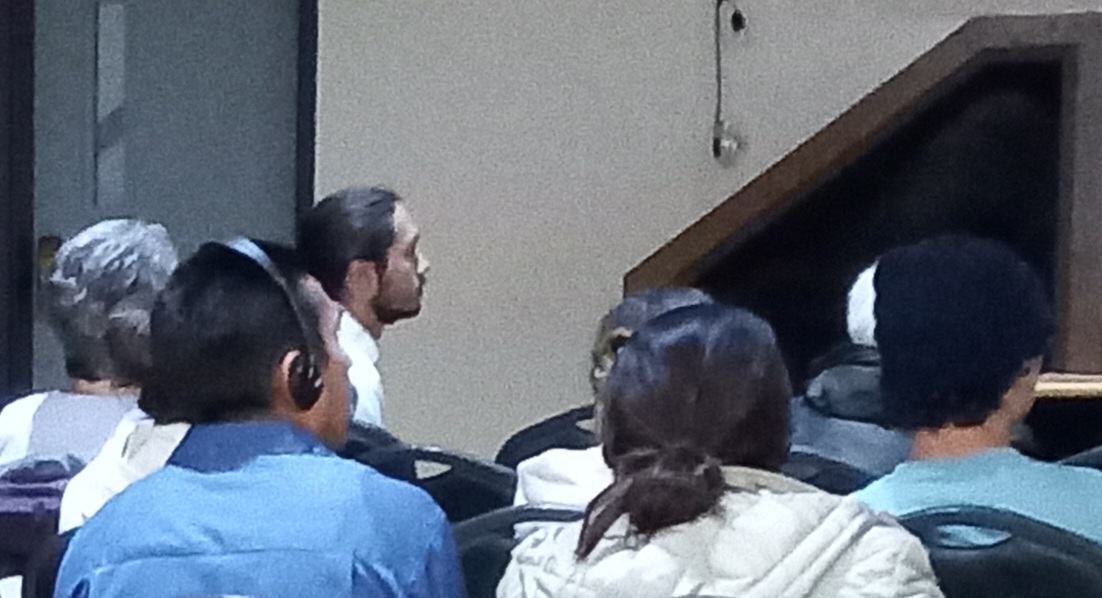Whether you’re conducting an international conference, a training event, a meeting, a tour, or any number of things, chances are that you’ll be working with an international or multi-lingual crowd. There are a lot of different ways you can go about these situations, but by far, the most effective and prevalent method is hiring interpreters to provide simultaneous interpretation. Monterey Language Services offers not only interpretation, but the equipment behind it to ensure that your event goes smoothly.
Imagine that you’re at an event. All your participants are eagerly awaiting to hear from you. Your presenters are anxious to begin their presentation. In that moment, they’re all focused on the content of the presentation and have an expectation that the equipment provided will work. That’s why it’s extremely important to have the right kind of tools for the job, and with Monterey Language Services, that’s exactly what you will get. We have worked all sorts of events and have a wealth of experience making sure that our equipment will be the right fit for the job.
The size of venues can differ, so whether you’re trying to reach someone in the front row or the back row, it’s important that your equipment has range. In particular, our transmitters and receivers allows participants and interpreters to freely move around a large range of area, up to 150 feet, maximizing audio quality while eliminating the worry of ever falling out of range.
It also comes with ample different channels, allowing for increased flexibility for switching between languages as necessary. This is perfect for situations where you need simultaneous interpretation for multiple languages.
We’ve all been there when you’re giving a presentation and then there’s feedback from the microphone. It’s not only disruptive, but very nerve-racking for the presenter. To prevent this from happening, it’s important to make sure that all the equipment being used correctly interact with each other and have high synergy. A Conference Room walk-through is important. The best part is we are here locally if you plan to come to Monterey, California for your events! All the trouble shooting if any can be taken care of right here locally before the start of your conference.
For interpretation events, we provide transmitters, receivers, interpreter consoles, interpreter booths, headsets, etc. Our interpretation equipment is compatible with both FM and digital equipment. Regardless of radio or digital, we will have you covered. If you already have AV equipment, we can easily have everything connected to our interpretation system and running in no time.
If you don’t have AV, that’s not a problem at all. We can provide all AV support and equipment including mixers, speakerphones, lapel or hand or table top conference microphones, technicians, any necessary cables, and more..
If you’re considering an interpretation event, consider Monterey Language Services. We have affordable prices, great equipment, and seasoned interpreters. We will make sure that your event goes off without a hitch! The best is we are here locally in Monterey California!






